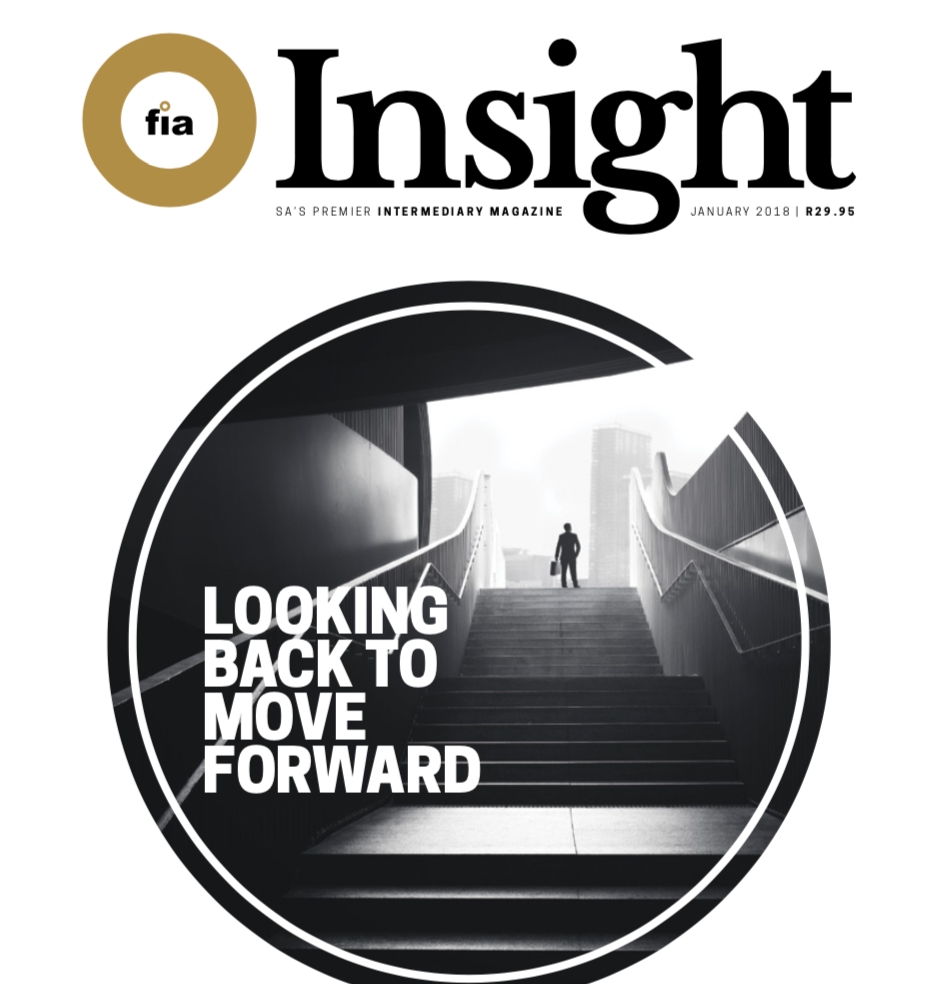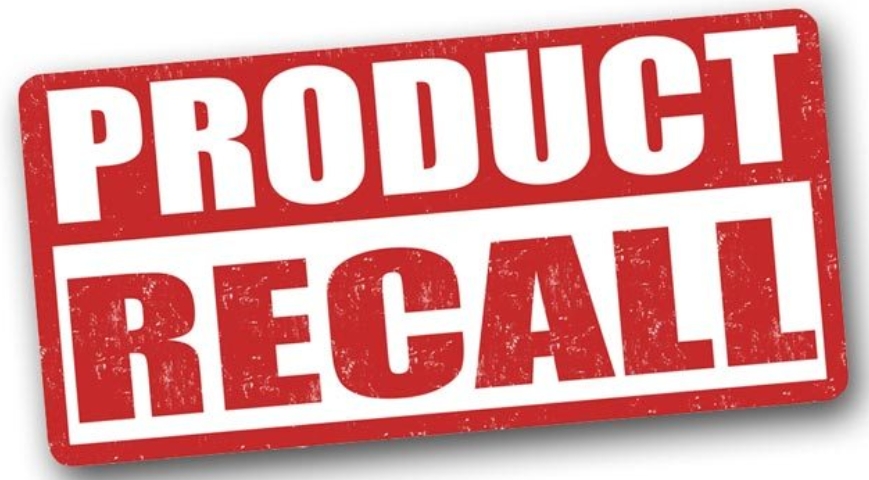
Luxury Scams: The Hidden Insurance Pitfall
Our friends at Ami Underwriting Managers sent us this interesting bit of info about scams in the luxury brands market. Read on to find out all the answers…
In an era increasingly dominated by digital transactions, the rise of online scams has been correspondingly substantial, leaving numerous South Africans asking: “Can I claim from my insurance if I’ve been scammed?” The sobering response is often a disheartening ‘no’, according to Christelle Colman, CEO of Ami Underwriting Managers (Ami), an insurance provider for the wealth segment.
The scourge of luxury scams permeates all corners of the luxury goods market, from counterfeit wine collections to classic cars, and even high-end electronics. Discerning collectors may unwittingly find themselves in possession of a counterfeit bottle of rare vintage wine, a replica of a classic car, or a fake high-end electronic gadget. Not only do these scams result in considerable financial losses, but they also undermine the inherent value and joy derived from these exquisite items. By creating a shadow market of illegitimate goods, these scams are eroding the trust and exclusivity that define the luxury goods market. As a consumer, staying informed and exercising caution can go a long way in preserving the authentic luxury experience.
Understanding that the fine print of insurance policies can often be perplexing, we want to shed some light on this hidden pitfall of insurance cover. Insurance policy wordings typically states that losses or damages resulting from scams, fraud, or deceitful theft are not covered. This is a comprehensive rule that permeates all sections of policy cover. It’s natural to wonder why this is so and, importantly, how can you, as a consumer, fortify yourself against falling into such fraudulent traps? Let’s delve into these critical questions together.
In explaining the reasons behind this exclusion, Colman points out, “A significant proportion of clients unfortunately fall prey to scams involving counterfeit luxury goods. Due to the difficulty in determining the authenticity and true value of these goods, insurance coverage is often unavailable once the buyer realises their mistake. Nevertheless, at Ami, we are committed to equipping our customers with the necessary knowledge and tips to avoid being ensnared by such scams.”
The trade of counterfeit luxury goods is experiencing an alarming surge worldwide, with South Africa rapidly emerging as a prime hotspot for ‘triple A-grade’ fakes. These are highly deceptive replicas of luxury items that even discerning buyers struggle to tell apart from the genuine articles. Scammers employ crafty strategies such as alleging to sell pre-owned items to rationalise the lower price, prohibiting returns or exchanges, and operating without a website or physical address, thereby severely obstructing the buyer’s ability to verify the item’s authenticity.
Colman elaborates on the broader implications, “Buyers are often deceived by these high-quality counterfeits, which can be priced at up to 80% of the original’s retail cost. These scams result in more than just a financial setback – they also erode the exclusivity that is integral to luxury brands, while unwittingly supporting syndicates involved in wider criminal activities.”
How can consumers protect themselves? Purchasing directly from the brands themselves or through trusted resellers is a significant first step. Equally critical is gaining a clear understanding of one’s insurance policy, especially with respect to the exclusions related to scams and fraud.
Colman implores consumers to remain informed and vigilant, “In case of uncertainty or confusion, consumers should consult with their insurer or broker to clarify any doubts about their coverage. This can provide valuable peace of mind. It is also crucial to exercise caution and a healthy dose of scepticism when it comes to deals that seem too good to be true. The old adage remains as valid today as ever: if a deal appears too good to be true, it almost certainly is.”
Colman also suggests that consumers need to regularly update their knowledge about the different forms of scams that are prevalent. Regular updates from insurance providers, financial institutions and law enforcement agencies can go a long way in keeping consumers aware and alert.
In conclusion, while the digital era offers immense convenience and new opportunities, it also brings with it novel challenges and risks. It falls upon consumers to keep themselves educated, vigilant, and safe from scams, just as it falls upon companies like Ami to assist and guide them in navigating this complex landscape.






